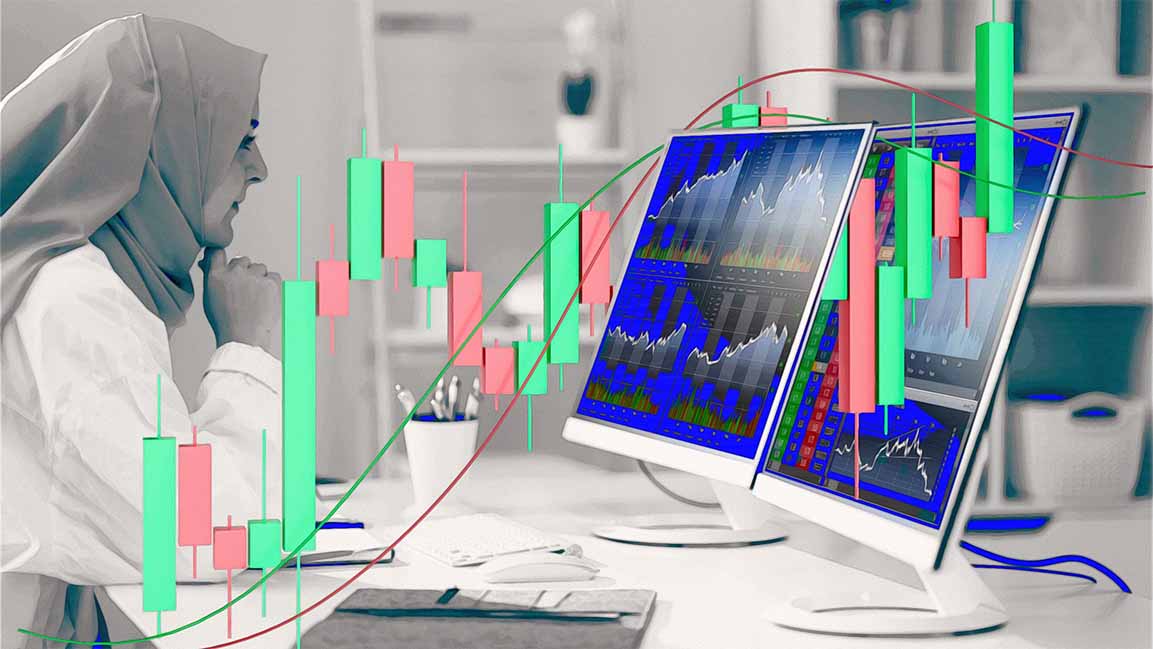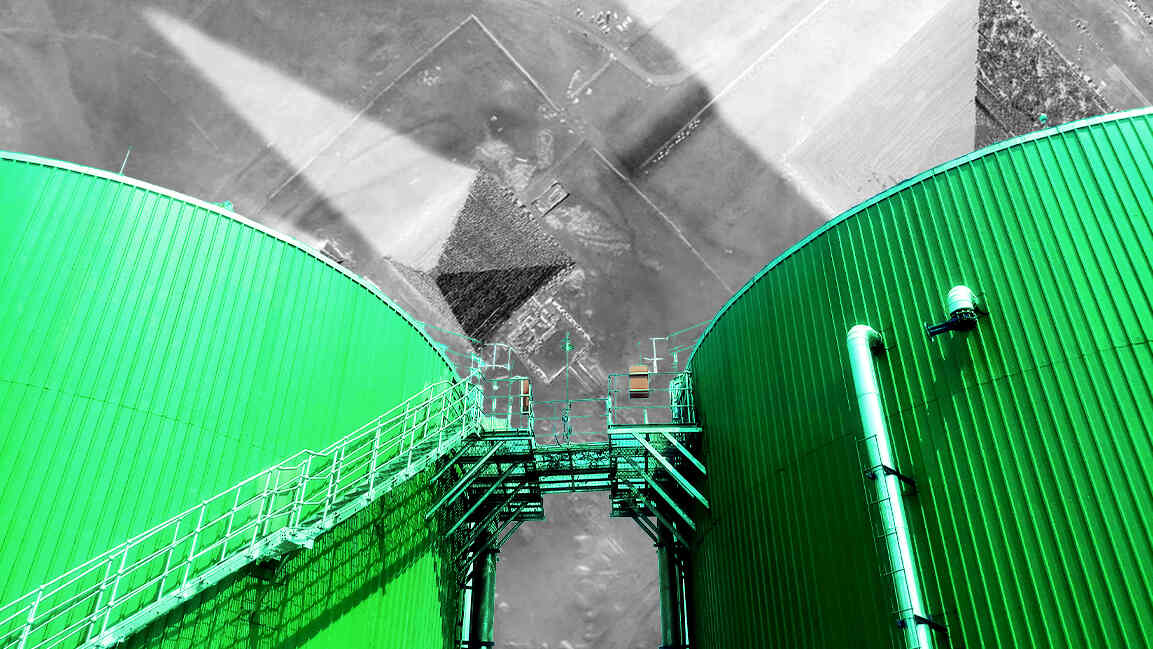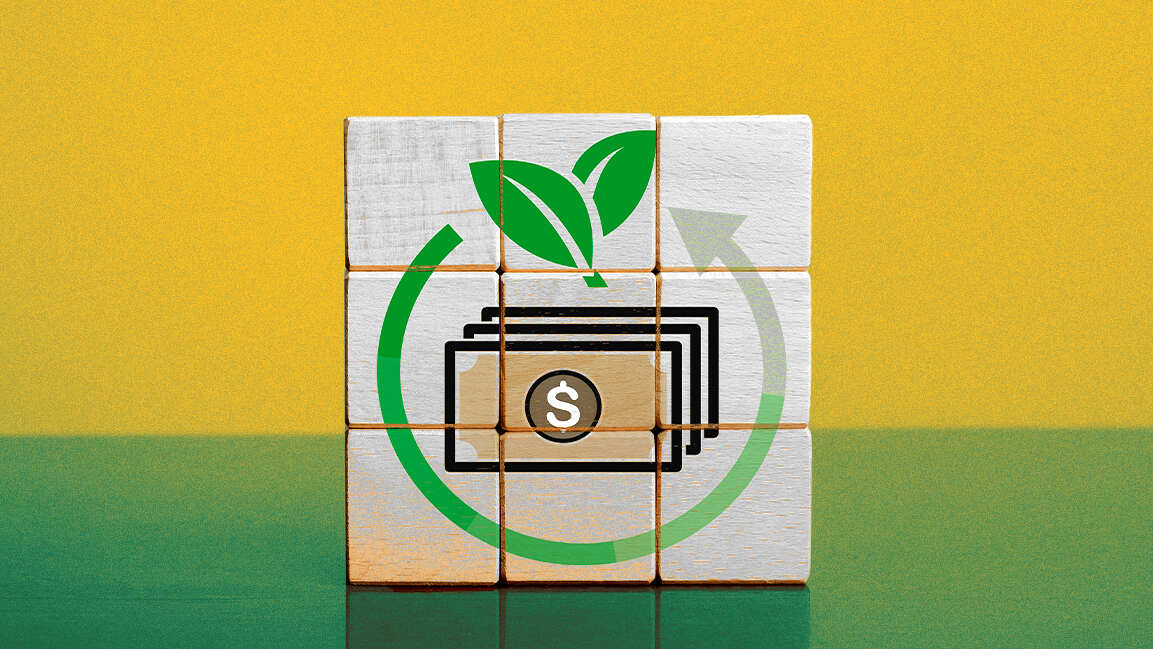- | 3:00 pm
What impedes women’s financial literacy in MENA?
Even though women have started taking the responsibility for their financial resources, basic financial literacy remains low in the region.

Now accepting applications for Fast Company Middle East’s Most Innovative Companies. Click here to apply.
Currently, women comprise 32% of the world’s wealth, expected to grow at a compound annual growth rate (CAGR) of 5.7% to reach $97 trillion by 2024, BCG said. In the Middle East and North Africa (MENA), the World Economic Forum has stated that the region remains the furthest away from parity, with 62.6% of the gender gap closed.
A way to close this gender gap is to involve women more by providing education and opportunities for them. More than half, 54%, of women in the MENA rate their knowledge of investments as low as even their wealth continues to rise exponentially in the region, a study by Swiss banking group UBS has found.
About four in 10 women, 38%, in the region rated their investment knowledge as medium, while only 7.5% ranked it highly, according to the Women and Investing in MENA report, which was carried out by UBS in collaboration with Women in Business Arabia, and polled more than 600 women in the MENA region.
Despite this, there is a chance to promote understanding of investments among women in the region, with 62% of surveyees noting that they seek to be more active investors.
Valued at $786 billion in 2020, women’s wealth in MENA is projected to increase by a 9% CAGR, amounting to $1 trillion by 2023, outlined the report while citing BCG.
“There is a need for conversation, education, and systemic support for women in the MENA region to better engage in discussions around finance, investment, and entrepreneurship,” said Emma Wheeler, head of women’s wealth at UBS Global Wealth Management.
“The industry needs to make strides with clear intentions, mentorship, encouragement, and continuity to help improve the accessibility of information and unlock the economic opportunities that diversity and inclusion bring to all,” she added.
Meanwhile, 55% of women in the region rated their knowledge of personal finance, including the concept of day-to-day budgeting, as medium, compared with 28% who rated it as high. The study also found that women’s experience with financial information is highest in the UAE and lowest in Syria.
Furthermore, 47.8% of women in MENA rated their knowledge of investment information as low, 42% rated it as medium, and 10% marked it as high.
With investment instruments, seven in ten women in the region also stated their knowledge of them as low, while a quarter rated it as medium, and only 4.5% ranked it as high.
UBS stressed the need to educate and provide financial literacy for women in MENA as it plays a long-term role in women’s success in business endeavors. Behind this block of dissemination of information and knowledge are societal and cultural norms, which the bank says need to change to achieve full sustainable impact.
The report cited economic means, such as financial ability and wealth, and economic education, including financial knowledge and confidence, as key women empowerment drivers.
“A gender lens can be applied by considering women-owned businesses, companies employing women across all tiers, and companies offering products and services that benefit women,” said the report.































